Rapid Learning: Accelerate Your Training Effectively
The Benefits of Rapid Learning
Rapid learning offers several key advantages, such as reduced production costs and faster time-to-launch. By using simplified authoring tools and short-format content, it’s possible to design modules quickly without compromising content quality. This approach also provides great flexibility, as training materials can be easily updated to match learners’ needs and evolving business requirements.
However, it is essential to take certain precautions to ensure the instructional quality of rapid learning modules. One of the main challenges is to make sure the content remains dynamic, engaging, and well-structured. To achieve this, training of content designers plays a crucial role. Designers must create modules that capture learners’ attention while aligning with clearly defined learning objectives.
Concrete Examples of Use

To illustrate the effectiveness of rapid learning, several examples of successful training initiatives can be highlighted.
- Rapid learning is useful for sales teams who need to quickly get up to speed on a new product. It allows them to efficiently master product features and sales arguments.
- Some companies use rapid learning to train their teams on new software or internal processes, yielding positive results in knowledge retention and learner engagement.
- Rapid learning is also employed to train customer support staff. This enables them to quickly respond to questions about new services or products, thereby improving customer satisfaction.
Conclusion and Reflection on the Future of Rapid Learning
In conclusion, rapid learning is an attractive solution for addressing the challenges of quick and cost-effective training. However, it is important to note that rapid learning does not replace more in-depth and lengthy training programs. It can complement and reinforce the knowledge already acquired, offering quick updates on specific topics. It helps democratize access to online training while adapting to the specific needs of businesses and learners. However, maintaining a balance between speed and instructional quality is essential to ensure the effectiveness of the created modules.
The future of rapid learning looks promising, especially in a context where digital transformation in companies is accelerating. Organizations must consider whether rapid learning is a suitable solution to meet their rapid training needs and the transformation of their skills.
1.Do our experts cover rapid learning in their training programs ?
2.Is rapid learning suitable for all businesses ?
3.What types of topics are most suitable for rapid learning ?

























